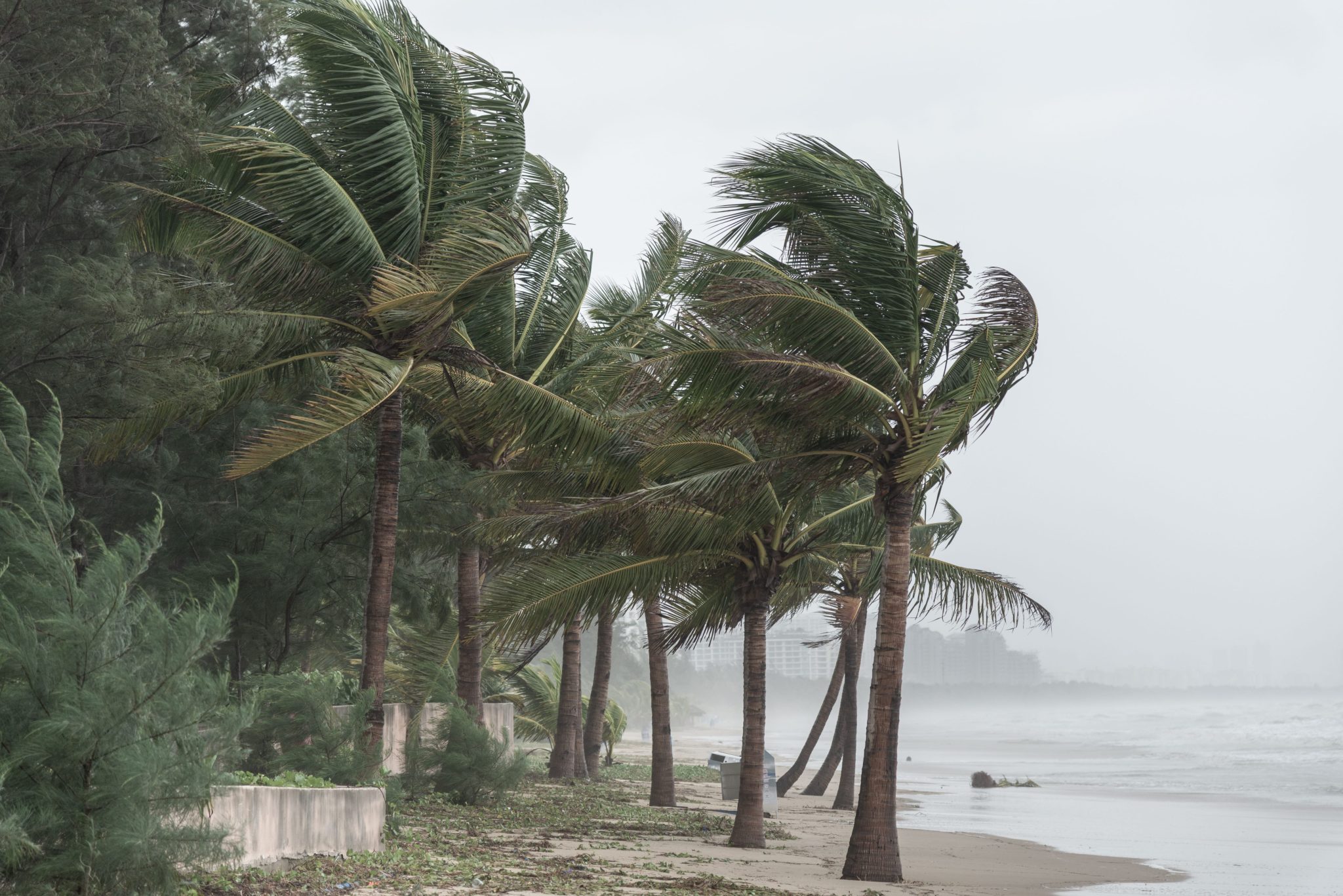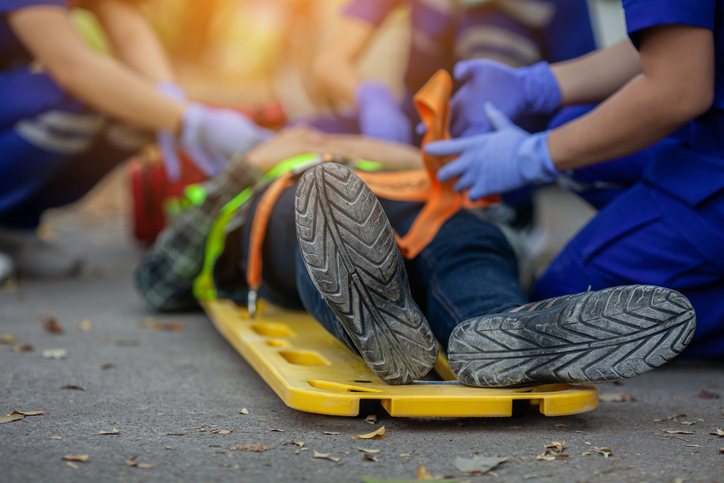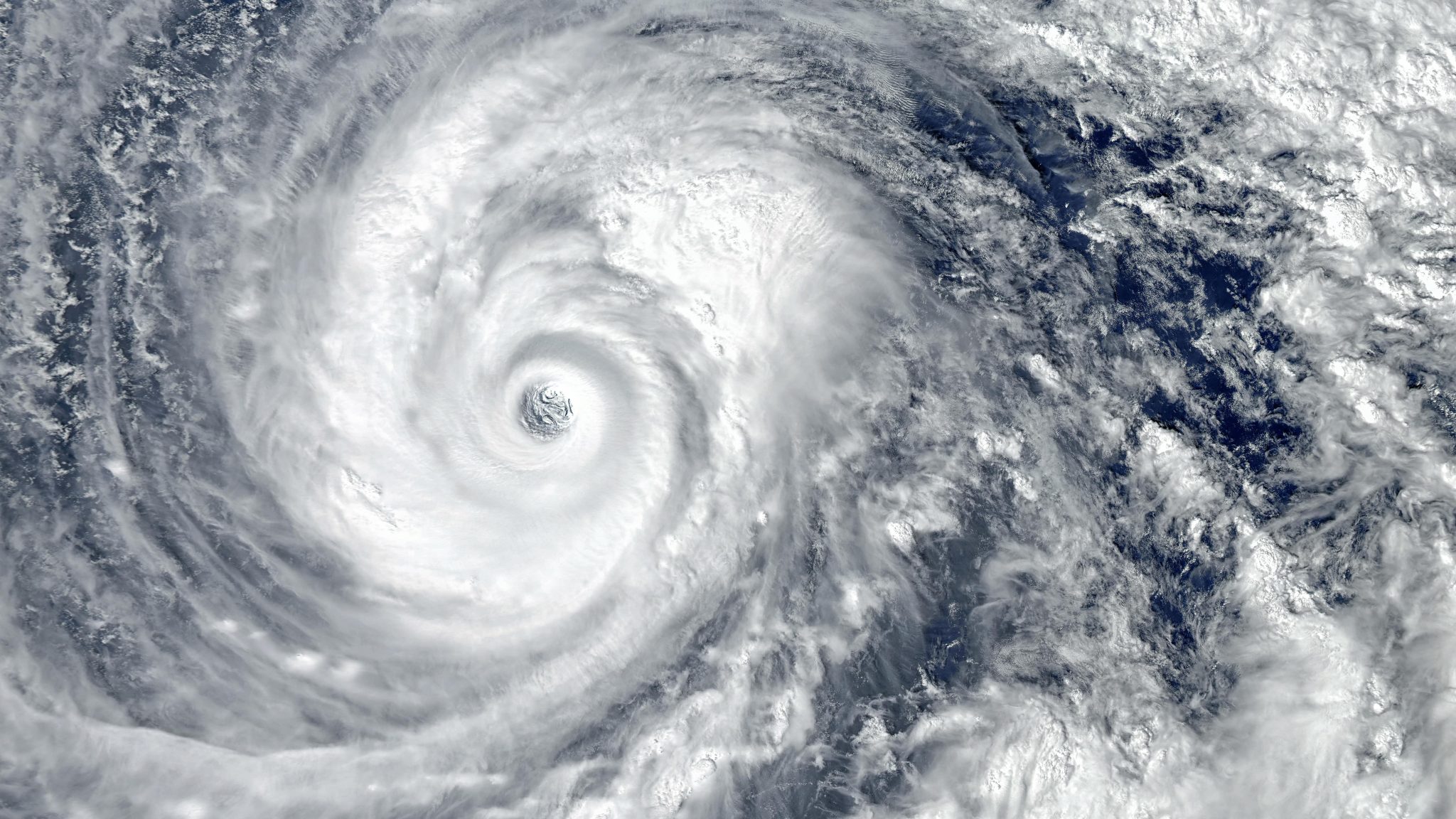- WE’RE HERE TO HELP 24/7
- 800.586.5555
Is Florida About to Have Its First Hurricane of 2023?

What Can Typhoon Mawar Tell Us About the 2023 Atlantic Hurricane Season?
May 20, 2023
Verdicts & Settlements: $1,050,000 Uninsured Policy Limits Paid in Fatal Crash
June 2, 2023Is Florida About to Have Its First Hurricane of 2023?

No – the disturbance in the Gulf of Mexico (just south of Florida’s Panhandle) is becoming more organized and may briefly develop into a tropical depression or even a tropical storm (50 percent chance), but it is not expected to reach hurricane strength.
Forecasters predict the storm system (currently named Invest 91-L) will hover around off our western coast this weekend before drifting south into the Gulf.
Invest 91-L might build into the first named storm of the season – Arlene – but it’s currently a tossup.
Although there’s only a 50 percent chance we’ll see our first named storm of the season, the National Weather Service has issued some advisories for Florida residents.
The National Weather Service in Mobile/Pensacola has issued high-risk rip current warnings for communities in neighboring Alabama as well as Fort Walton Beach and Destin. The National Weather Service Miami-South Florida is warning of excessive rainfall and potential localized flooding in southern Florida communities.
Is the 2023 Hurricane Season Officially Here?
Yes – as of today, June 1, 2023, hurricane season has officially begun, and there’s a chance we will already have our first named storm of the year within the first 24 hours of the season.
Now is a good time to double-check your hurricane preparedness plan and resources.
Create an Emergency Plan
Discuss what to do in an emergency with your family. Determine the safest areas in your home, identify your evacuation routes and decide on a meeting point in case you’re separated.
Assemble an Emergency Kit
Your emergency kit should include:
- At least a three-day supply of water and non-perishable food per person
- First-aid kit
- Flashlights and extra batteries
- A battery-powered or hand-crank radio
- Sanitation supplies (like wipes, garbage bags and plastic ties)
- Medications (seven-day supply) and medical items
- Multi-purpose tool
- Cell phones with chargers
- Cash and important family documents
Stay Informed
Stay apprised of the weather situation in your area via local news, social media or radio and heed any evacuation orders. If you’re looking for up-to-date storm formation information, you may want to consider following your local National Weather Service on Twitter:
- NWS Miami
- NWS Key West
- NWS Mobile/Pensacola
- NWS Tampa Bay
- NWS Tallahassee
- NWS Melbourne
- NWS Storm Prediction Center
Protect Your Home
Confirm you have the necessary supplies to fortify your home just in case you’re in the path of a hurricane this year. Many coastal Florida residents already have plywood for windows and doors or sandbags – but those types of supplies don’t necessarily remain structurally sound forever. Make sure they’re still in good enough shape to use this year if the need should arise.
Check Your Home and Business Insurance Policies
Check with your insurance company to confirm that your property is fully insured for both damage and flooding. Understand what your policy covers and what it doesn’t. Ask about your named storm deductible and consider whether it might be worth changing.
Know Your Evacuation Zone
Learn your evacuation routes and where the nearest shelters are. Most Floridians have understandably become jaded due to officials and the media crying wolf multiple times each hurricane season – but it only takes one serious storm to result in disaster.
Stay informed and dispassionately analyze the situation when deciding whether you should evacuate, and plan accordingly. People living in areas prone to storm surge, in a mobile home or in a high-rise building should default to evacuation if they’re in the path of a storm.
Prepare Your Car
Always have a full tank of gas, a properly inflated spare tire and an emergency kit in your car.
Protect Important Documents
Keep important documents in a waterproof container and take them with you if you need to evacuate.
Prepare for Power Outages
Have extra batteries, power banks and non-electric appliances like a manual can opener.
Plan for Your Pets
Your pets need to be part of your evacuation plans. Most public shelters do not allow pets, so it’s important to find pet-friendly hotels or shelters ahead of time.
Has Your Home or Business Been Damaged by a Hurricane in Florida?
If you’re a Florida resident who is struggling to negotiate a fair claim payment after suffering storm damage, it may be in your best interest to speak with a hurricane damage lawyer. The post-hurricane claims process is notoriously difficult, and it’s made more challenging by the insurance company’s desire to minimize the high costs of rebuilding communities after these devastating storms.
Don’t hesitate to contact the hurricane damage lawyers at Kanner & Pintaluga for assistance. Call us at 800.586.5555 for a free consultation.
